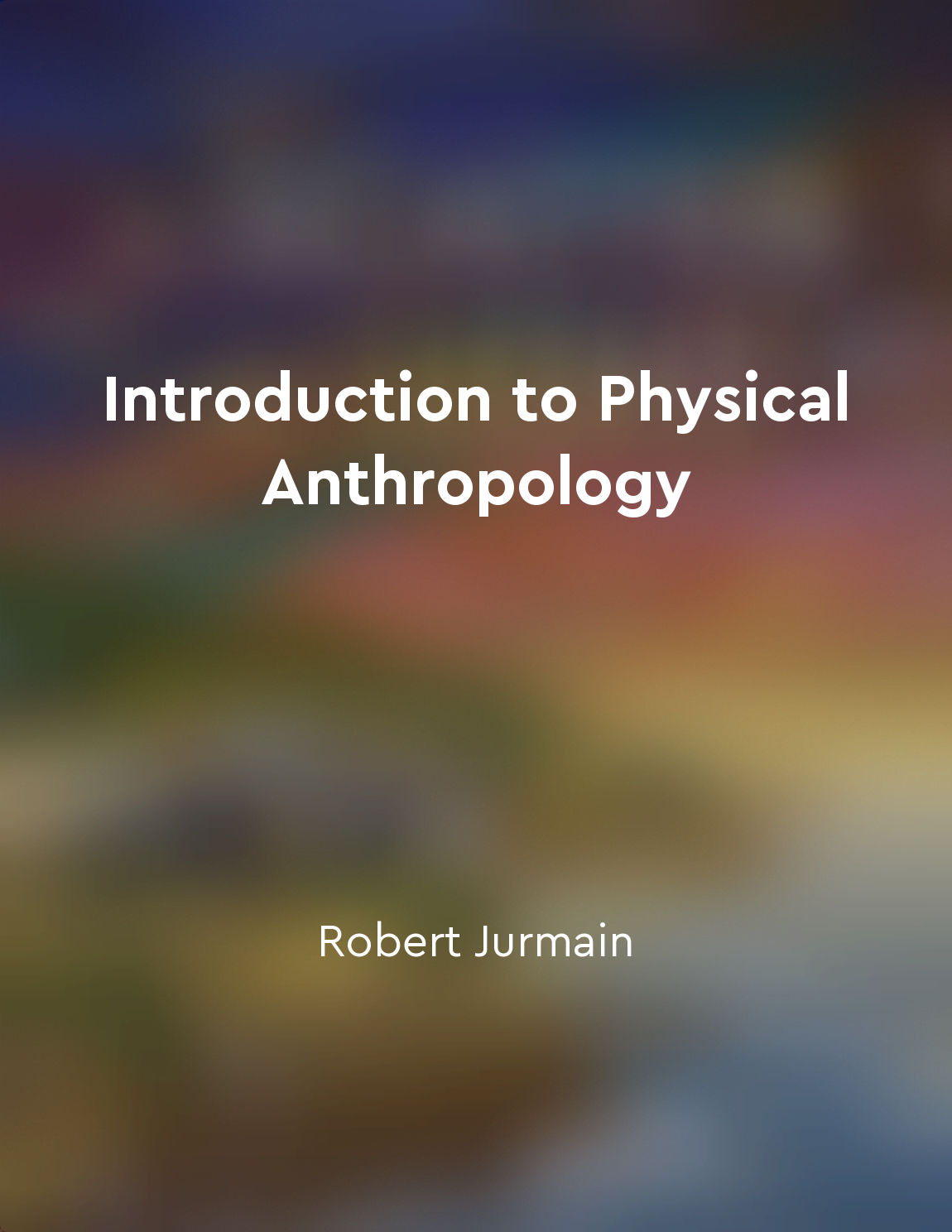Audio available in app
Cultural evolution has shaped human societies from "summary" of Sapiens by Yuval Noah Harari
Cultural evolution has played a crucial role in shaping human societies. Unlike biological evolution, which operates through natural selection, cultural evolution relies on the transmission of knowledge and beliefs from one generation to the next. This process allows for the accumulation of knowledge and the development of complex social structures. One of the key aspects of cultural evolution is the ability of humans to create and share ideas through language. Language enables humans to communicate abstract concepts and to cooperate on a large scale. This capacity for cooperation has allowed humans to form large, complex societies that are based on shared beliefs and values. Cultural evolution has also led to the development of technologies that have transformed human societies. From the invention of agriculture to the Industrial Revolution, technological advancements have shaped the way that humans live and interact with their environment. These technologies have allowed humans to increase their food production, build cities, and create new forms of social organization. In addition to technological advancements, cultural evolution has also led to the development of social norms and institutions that regulate human behavior. These norms and institutions help to maintain social order and cohesion within a society. From religious beliefs to legal systems, these cultural practices play a crucial role in shaping human societies.- Cultural evolution has been a driving force in the development of human societies. Through the transmission of knowledge and beliefs, the invention of new technologies, and the establishment of social norms and institutions, humans have been able to create complex societies that are vastly different from those of other animals. This process of cultural evolution continues to shape human societies today, as humans adapt to new challenges and opportunities in an ever-changing world.
Similar Posts
Religion is built upon faith and emotional commitments
Religion, according to Hume, is not grounded in reason or evidence, but rather in faith and emotional commitments. He argues th...

Exploration is essential to brain development
Exploration is essential to brain development. The brain is constantly seeking out new information and experiences to stimulate...

Primates are our closest living relatives
The concept that primates are our closest living relatives is a fundamental principle in the field of physical anthropology. Wh...
Genes can influence mating preferences
Genes have a profound impact on our behavior, including our mating preferences. These preferences can be influenced by the gene...
Environmental factors play a significant role in shaping behavior
Environmental factors are like invisible hands pushing and pulling us in different directions, determining the paths we take an...
Social norms impact individual behavior
In understanding how culture shapes human behavior, it’s essential to consider the crucial role of social norms. These are the ...
Genecentered view provides insight into human behavior
The genecentered view offers a unique perspective on human behavior, shedding light on the underlying mechanisms that drive our...

Money is a universal lubricant in human societies
Money has a unique way of greasing the wheels of society, allowing individuals to interact and transact with ease. It serves as...

Human variation is influenced by both biological and cultural factors
Human variation is the result of complex interactions between biological and cultural factors. These factors work together to s...


